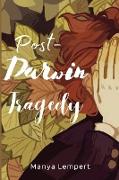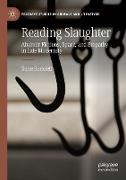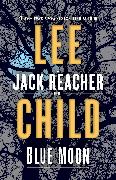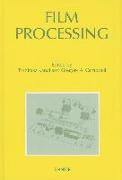post-darwin tragedy
BücherAngebote / Angebote:
In 1961, however, George Steiner publishes The Death of Tragedy, in which he argues that the genre has ceased to be. Steiner contends that so pervasive is post-Enlightenment cultural optimism it leaves little room for the Attic representation of "obscure fatalities and misjudgments" - insurmountable forces, insoluble conflicts, and undeserved losses (6). Steiner is largely correct: both Christianity and secular, eighteenth- and nineteenth-century progressivist narratives of history hew to anti-tragic "all's well that ends well" storylines. Nineteenth- and twentieth-century interpretations of natural history also endeavor, as we will see, to cast a cosmic lottery of fate as divine comedy. Likewise, the new field of anthropology, in the final quarter of the nineteenth century, claims to discover a redemptive mythic structure underlying ancient tragedy and all social productions: the sacrifice of the individual ensures the renewal of the group. Edward Tylor, James Frazer, and Jane Harrison in England make the case for this archetypal, regenerative ritual. Even philosophers of the tragic itself seek to contain or to transform the radical contingency at the heart of the Athenian plays, tragedy must fit the mold of cultural optimism as well. According to philosophers and literary critics, tragedy must stand as a testament to the grandeur, the solace of collective human destiny, as György Lukács maintains - whereas in his view it is the antisocial, pessimistic, even nihilistic modernist novel that communicates "transcendental homelessness
Folgt in ca. 10 Arbeitstagen




